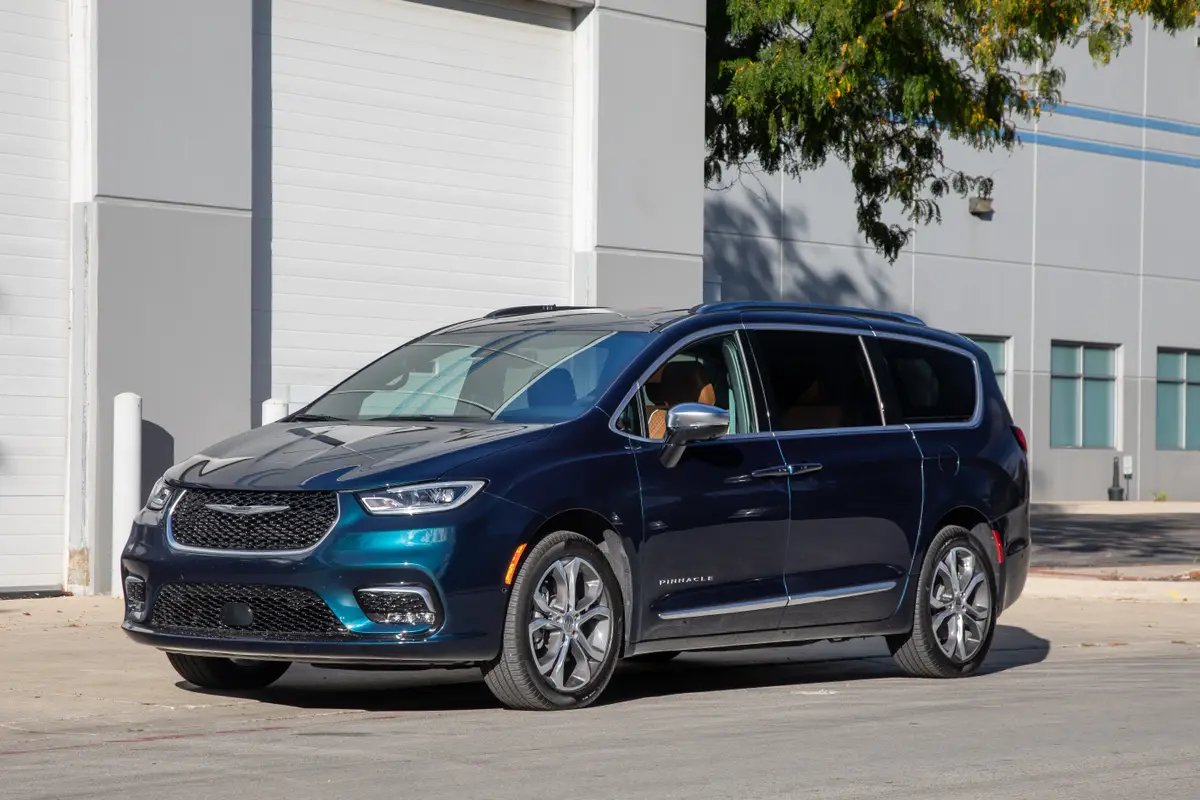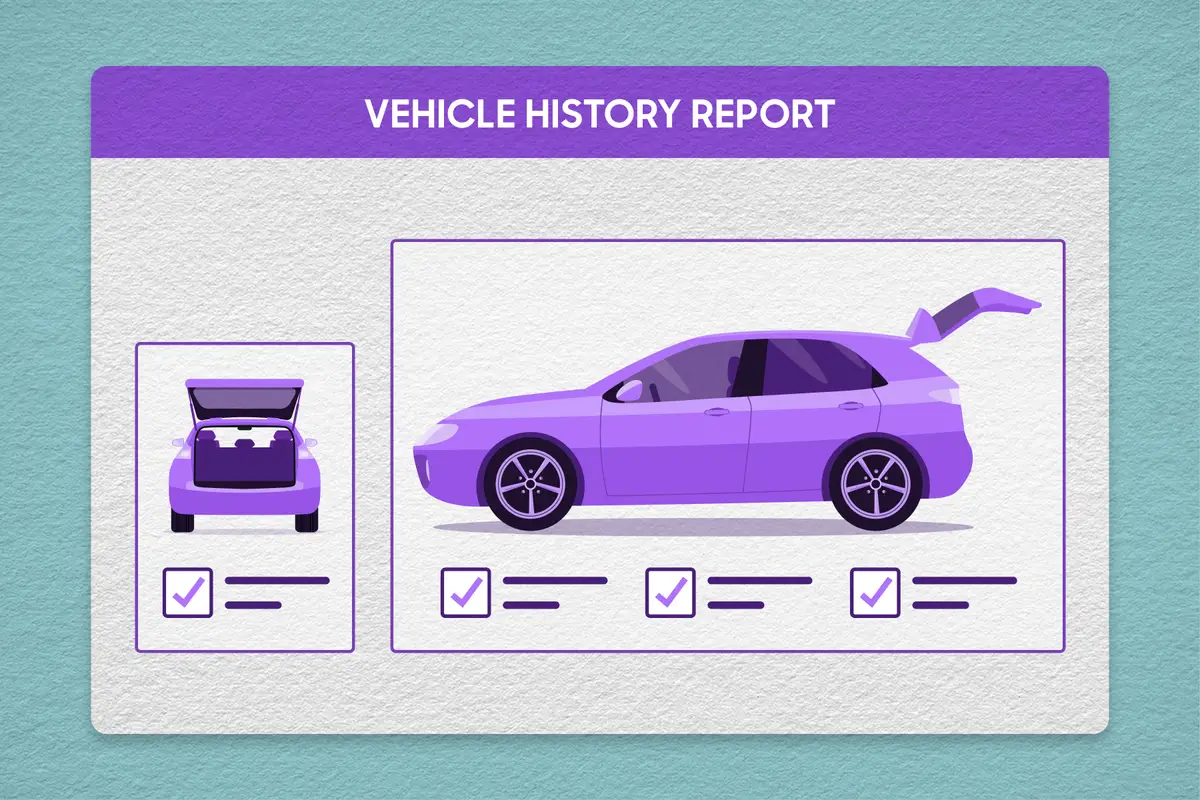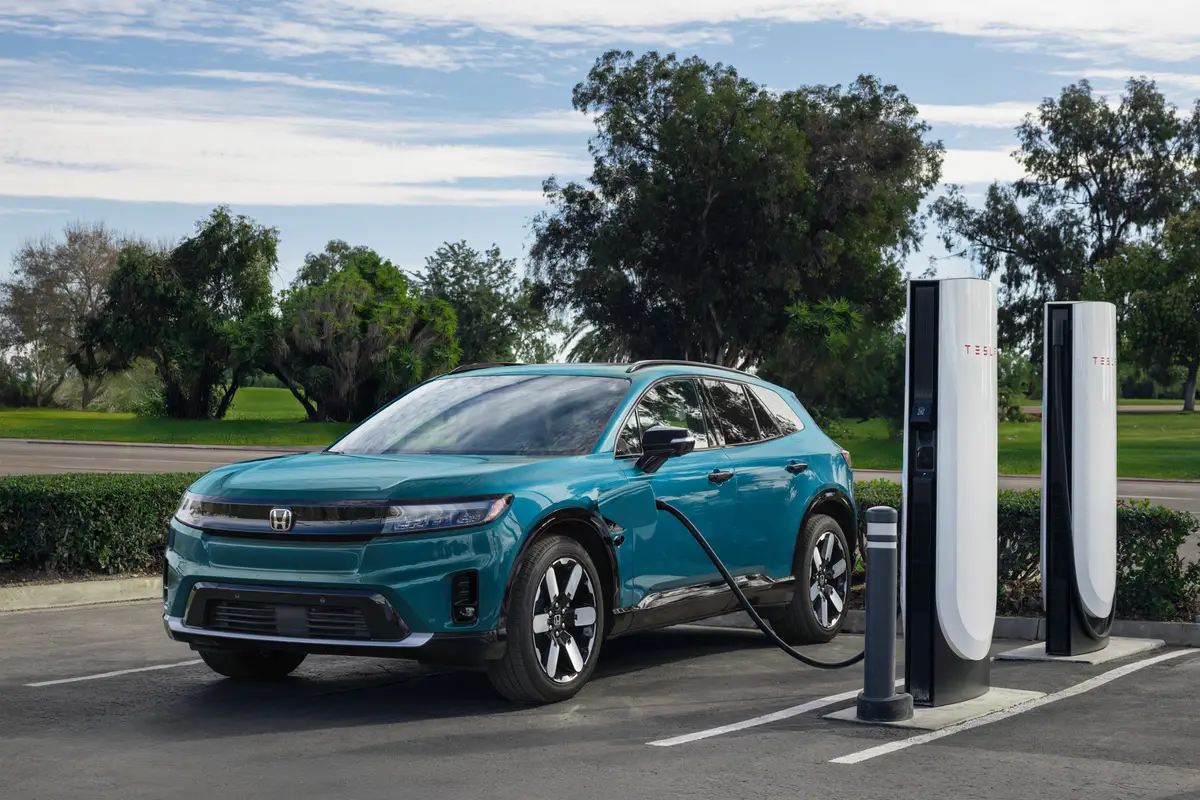Adaptive Devices Can Ease the Drive, Ride for Seniors

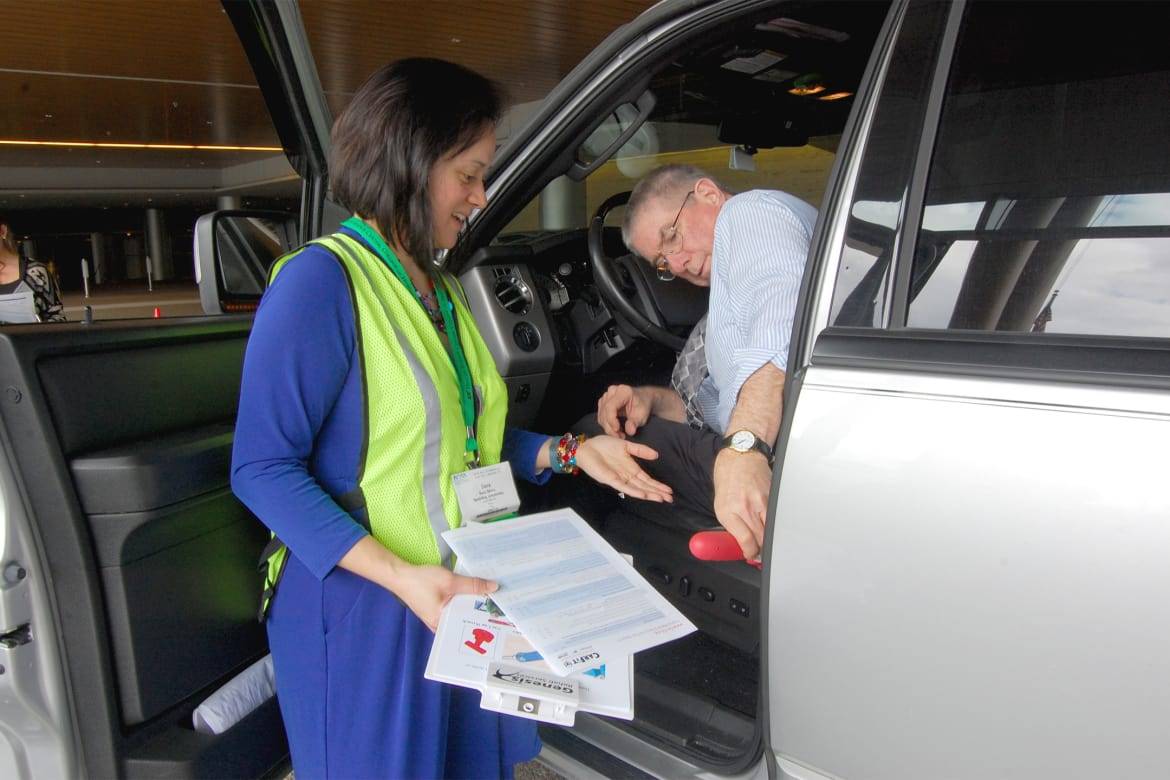
Aging takes its toll in many ways, and one of the things it can affect is driving. Arthritis can make turning the steering wheel difficult, grabbing seat belts a challenge or getting into and out of a vehicle a chore. Some medical conditions can affect the nerves in our feet and legs, impacting our ability to use brake and gas pedals. But aging doesn’t have to bring the ride to an end. With the help of a certified driver rehabilitation specialist and appropriate adaptive devices, many older drivers can overcome the physical challenges that come with age and maintain the independence they cherish.
Related: Program Helps Find Perfect Vehicle Fit
“The data is so strong that the majority of seniors want to continue to drive as long as they can,” said Elin Schold Davis, project coordinator for the American Occupational Therapy Association’s Older Driver Initiative. “It’s imperative that we do it safely. And I think the concept that the only way to keep people safe is to take them off the road is flawed. Frankly, we need our seniors driving as long as they can, because we can’t afford the transit options to get people around that could be driving. We need people to be as independent as they can [be], but they have to be safe for themselves and for the community.”
To that end, Schold Davis strongly encourages older drivers experiencing physical challenges to work with driver rehabilitation specialists certified through the American Occupational Therapy Association or ADED, the Association for Driver Rehabilitation Specialists. Why? Because they can do an assessment and recommend individualized adaptations, Schold Davis said, as well as teach drivers how to use recommended devices.
Sometimes finding a driver rehab specialist can be a challenge because there hasn’t been a huge demand for their services, but as baby boomers age that is likely to change.
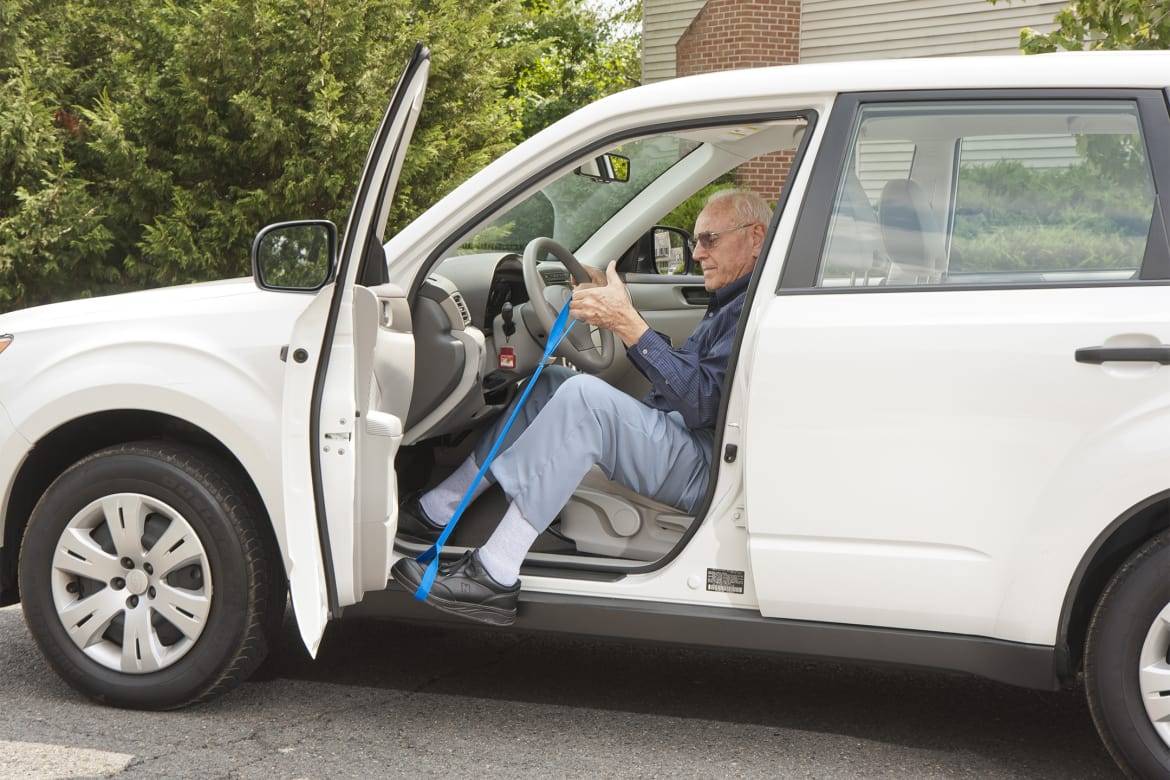
Here are just some of the devices that can help older drivers travel more comfortably and safely:
- Larger rear and side mirrors can improve visibility and reduce neck rotation.
- Pedal extenders help drivers maintain a safe distance from the steering wheel and airbag as well as improve visibility.
- Key extenders provide more leverage for turning keys in locks or ignitions, reducing stress on finger joints.
- Hand controls let drivers perform all vehicle maneuvers without using legs and feet.
- Seat belt pulls reduce the distance necessary to reach for the seat belt and improve ease of grasping it.
- Leg lift straps let drivers use upper-body strength to get legs in and out of cars.
- Handy bars, seat slides and swivel seats ease entry and exit.
- Steering-wheel knobs help arthritic hands manage the steering wheel.
Schold Davis said it’s easy to find many of these devices online but cautions against ordering most of them without consulting a professional. Her rule of thumb: If the device doesn’t affect vehicle movement, then it’s OK to purchase and install the device on your own – seat belt pulls and handy bars are good examples. However, if the device affects vehicle movement – like hand controls for braking and accelerating or pedal extenders – then it should be prescribed by a driver rehab specialist (who will also instruct the driver in how to use it) and installed by a certified vehicle modifier.
“Equipment should be appropriate for the person, appropriate for their medical condition or their challenge, and people deserve the opportunity to be trained in how to use it,” Schold Davis said.
Sometimes, Schold Davis said, buying a different type of vehicle might make more sense than adapting one. No equipment, she said, can be “the best solution. Sometimes it might be worth looking at whether a different model of vehicle allowed you to get in, reach your pedals, reach your seat belt without needing any equipment. And that should be compared against the solution of adding them to your car.” AAA’s “Smart Features for Older Drivers” provides information for figuring that out.
Think you could benefit from working with a driver rehab specialist? Visit AOTA and ADED to find one in your area.

Former Assistant Managing Editor-Production Jen Burklow is a dog lover; she carts her pack of four to canine events in her 2017 Ford Expedition EL.
Featured stories
